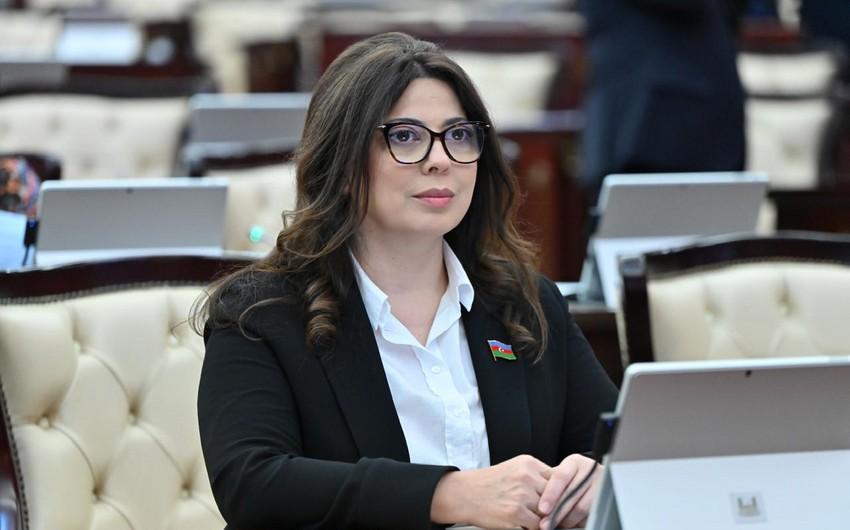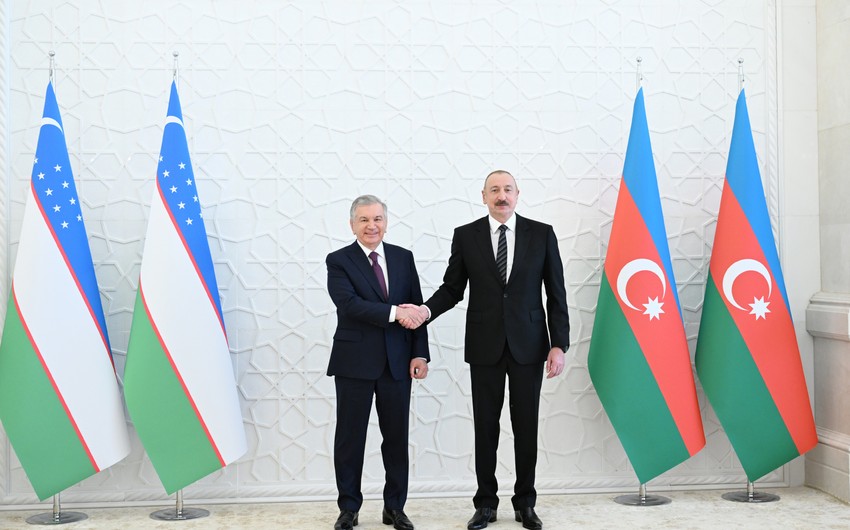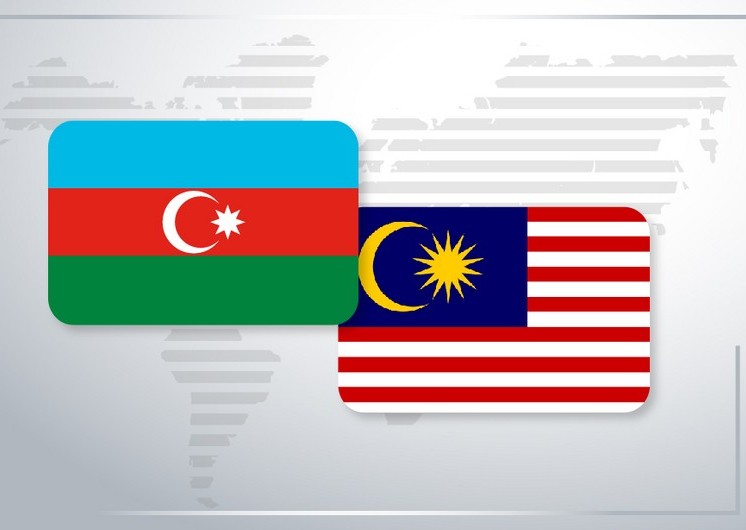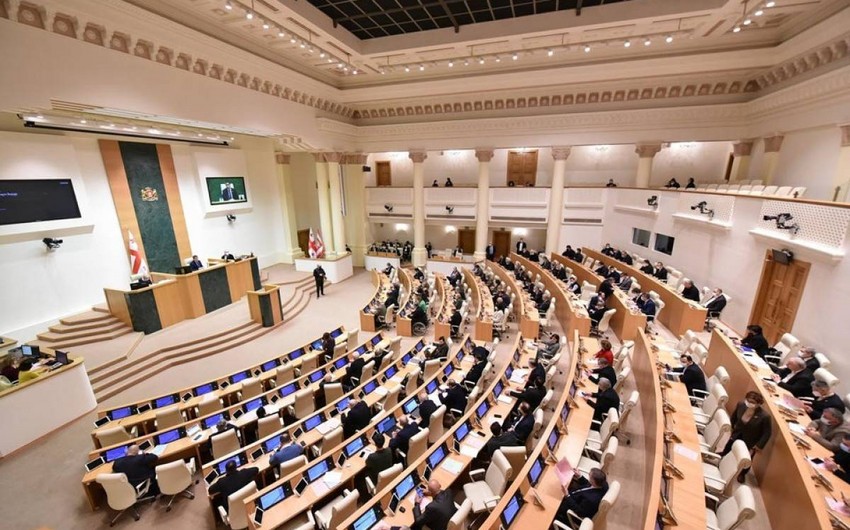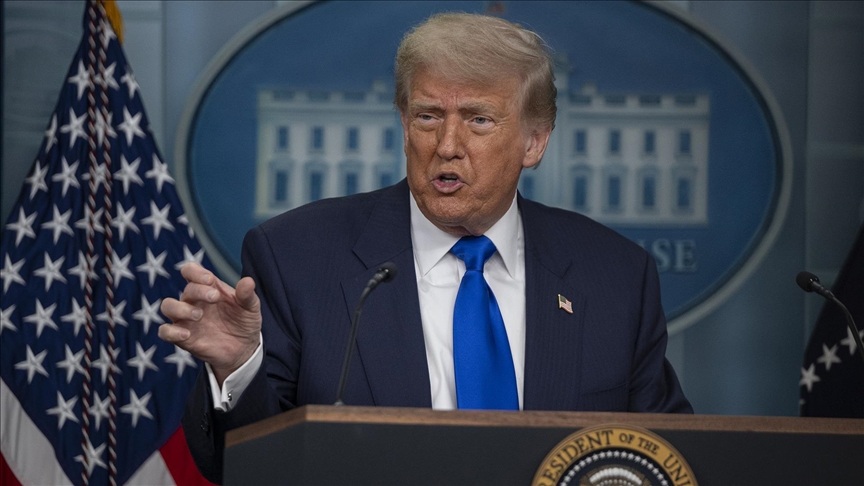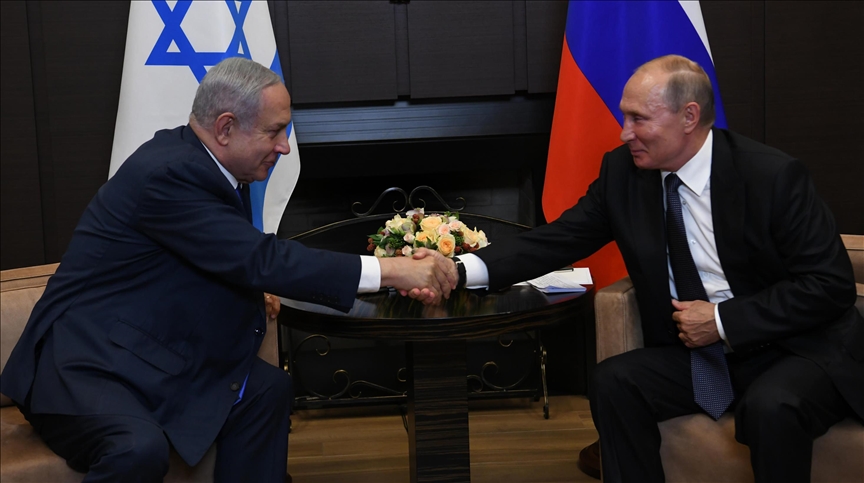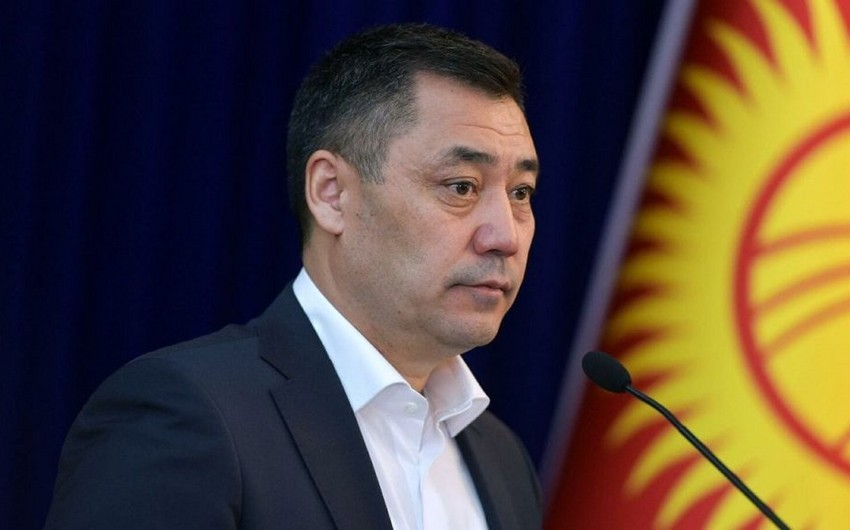According to the United Nations Convention on the Prevention and Punishment of the Crime of Genocide, genocide is defined as acts committed with intent to destroy, in whole or in part, a national, ethnical, racial, or religious group. These acts include killing members of the group, causing serious bodily or mental harm, inflicting living conditions intended to destroy the group, preventing births within the group, and forcibly transferring children of the group to another group.
Throughout its history, the Azerbaijani people have experienced numerous instances that align with these definitions of genocide. Starting from the 18th century, thousands of innocent Azerbaijanis fell victim to a systematic policy of genocide carried out by Armenians, which involved mass deportations from their ancestral lands, destruction of cities and villages, and alteration of historical place names.
One of the most brutal episodes was the March Genocide of 1918, during which Armenian armed groups, in collaboration with Bolshevik forces, committed mass killings of Azerbaijanis across various regions, including Baku, Shamakhi, Guba, Karabakh, Zangezur, Nakhchivan, Lankaran, and Ganja. Men, women, and children were subjected to atrocities such as mass executions and being burned alive.
In recognition of these crimes, on March 26, 1998, nationwide leader Heydar Aliyev signed a decree titled “On the Genocide of Azerbaijanis,” which provided a comprehensive legal and political assessment of the atrocities committed. This decree acknowledged the historical facts and established March 31 as the “Day of Genocide of Azerbaijanis,” ensuring that these events are remembered and their victims honored.
Furthermore, in February 2024, Azerbaijan’s Permanent Representative to the UN, Yashar Aliyev, addressed a letter to UN Secretary-General Antonio Guterres regarding the 32nd anniversary of the Khojaly genocide. The letter detailed the atrocities committed by Armenian armed forces against the civilian population of Khojaly, emphasizing the need for accountability and justice.
These historical events highlight the importance of acknowledging and addressing past atrocities to prevent future occurrences and to ensure justice and reconciliation for affected communities.
Madina Mammadova//EDnews

